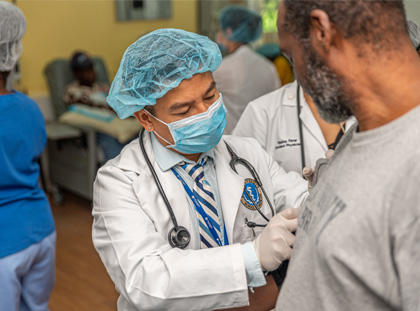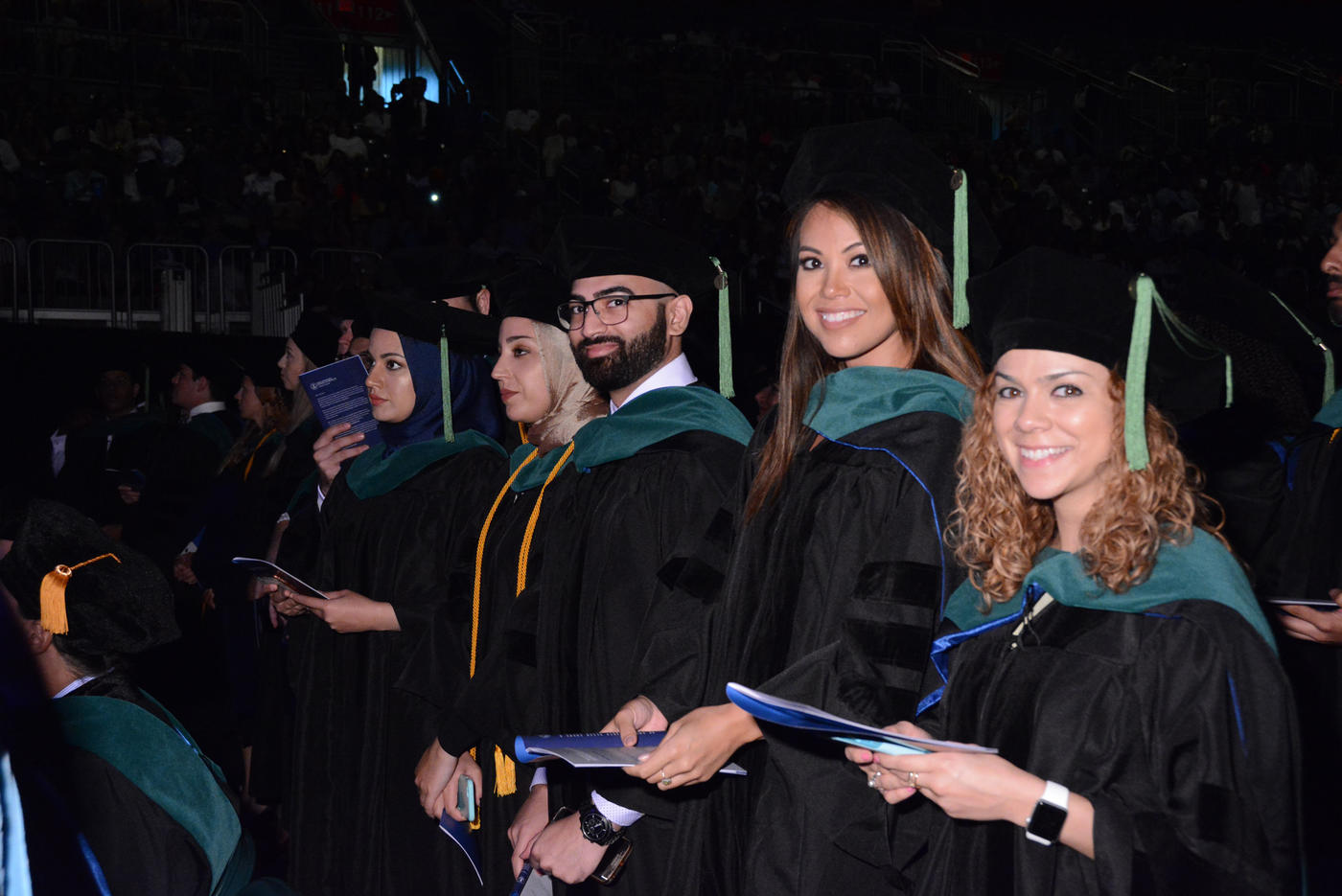Starting your clinical rotations is a big step in your medical education! While you have likely shadowed or volunteered to gain clinical experience for your medical school application, your actual medical school clinical rotations will be a very different experience.
Your clinical rotations are how you gain clinical experience for medical school and, ultimately, for succeeding as a physician. They also draw on everything that you learned in your first two years of medical school and bring it to life in real clinical situations. Your clinical experiences for med school may seem daunting, but are an exciting time to begin the process of learning to practice as a healthcare provider.
Medical School Clinical Rotation Tips
When starting your clinical rotations for med school, there are several different tips that you should keep in mind. These tips will develop how you think about clinical rotations and can help you to get the most out of them, enhancing your success as a doctor.
Commit to Each Rotation
You may already have an idea of what medical specialty you want to pursue, or at the least have a general area of interest. Rotations outside of your area of interest may not seem as interesting to you and it may be tempting to try to just get through them. The purpose of clinical rotations, however, is to learn as much as you can. Try to commit yourself to each rotation like you are planning on pursuing residency in that specialty and learn everything you can during the rotation.
Keep an Open Mind
Your clinical rotations will play an important role in influencing the decision of what specialty you want to practice in. According to a 2017 report by the Association of American Medical Colleges, 75% of medical students will change their specialty preference during medical school, making it very important to keep an open mind during your clinical rotations. Only by actually going through a rotation in a specific specialty can you really start to get a feel for what it is like.
Understand the Purpose
The clinical experience for med school that students gain is ultimately designed to help you learn how to become a better doctor. Focus on learning what you can, and not just on getting through the rotation or impressing your attending. Take opportunities to learn, and don’t shy away from things that could develop and improve your clinical skills.
Focus on the Patient
It can be very easy to get distracted by the preparation, the data, the pressure to have the answers, and the many other things that accompany your clinical experience for med school. It is vital, however, not to forget the people that medical care is actually all about. Be sure to spend time with your patients and focus on getting to know them in addition to everything else that is involved with your rotations. This will help you to remember what it is all about and help you to become a better doctor.
Enjoy It
Clinical rotations can be stressful, but are an amazing opportunity to learn more about how to succeed as a physician. Avoid viewing your rotations as just getting the clinical experience for med school out of the way, and, instead, embrace the opportunity to learn and make a difference in the lives of your patients.
Practical Tips For Your Med School Clinical Rotations
While there are many tips to help you succeed as far as your overall approach to thinking about rotations, there are also several practical tips for clinical rotations that can help you to be successful.
Always be Prepared
In your clinical rotations, being prepared actually usually means being over-prepared. Be ready to answer questions that you may not even be asked. Avoid just reviewing the core parts of the patient’s record, and include information that may give you additional insights. By being prepared, you will be able to get the most out of your rotations and be well-positioned to succeed.
Be Early
Being late to clinical rotations is unprofessional and can hurt your professional reputation. Being early helps to avoid ever being late and can enhance your overall reputation, as well as building the confidence of your preceptors.
Always Have Pen and Paper
You won’t be able to remember everything and will need to write information down. Always having pen and paper handy can help you to avoid forgetting important information and help you to stay organized during your rotations.
Develop Good Habits
Starting your clinical rotations, you don’t have any habits. Now will be the best time to focus on developing good habits and avoiding negative habits. It is a lot easier to start with a good habit than it is to try to fix a bad one later.
Ask For Advice and Feedback
As a student, it is important to learn as much as you can. Asking residents, attendings, or even nurses for advice and feedback can help you learn where you should be focusing your attention and help you develop your skills and knowledge. Many people may not volunteer their feedback, but may provide it when asked.
Admit Your Mistakes
Part of learning is making mistakes and not always knowing the answer. The key isn’t never making mistakes, it is learning to admit them and fix them in the future. Making up an answer or avoiding taking responsibility for a mistake may ultimately only make the situation worse and may prevent you from learning for next time.
Ask if Unsure
Much like making mistakes, being unsure is normal while you are a student. The goal of medical school is to learn as much as you can. Asking when unsure helps you to learn and avoids situations where you fake it and miss learning something that may be important to you later in your career. It also helps you to avoid potential mistakes and provide the best care possible for your patients.
Don’t Forget Self-care
You can only perform at your highest level if you are taking care of yourself. Getting the sleep you need, making sure that you are eating well, and taking time to relax is important. Sometimes the pressures of medical school may tempt you to push yourself harder than you should, but you will not perform as well as you could if you put too much pressure on yourself.
Ross Medical School Clinical Rotations
At Ross University School of Medicine, we understand how important clinical rotations are and the impact they will have on your development as a physician. Our clinical rotations are designed to enhance our students’ knowledge in a wide variety of specialties, helping them to not only become proficient physicians, but also to learn what medical specialty they would like to pursue after graduation.
Ross University School of Medicine is dedicated to the success of our medical students and will support you during your entire medical education and beyond. We invite you to learn more about what we offer and how we can help you become a doctor.
Related Resources:



